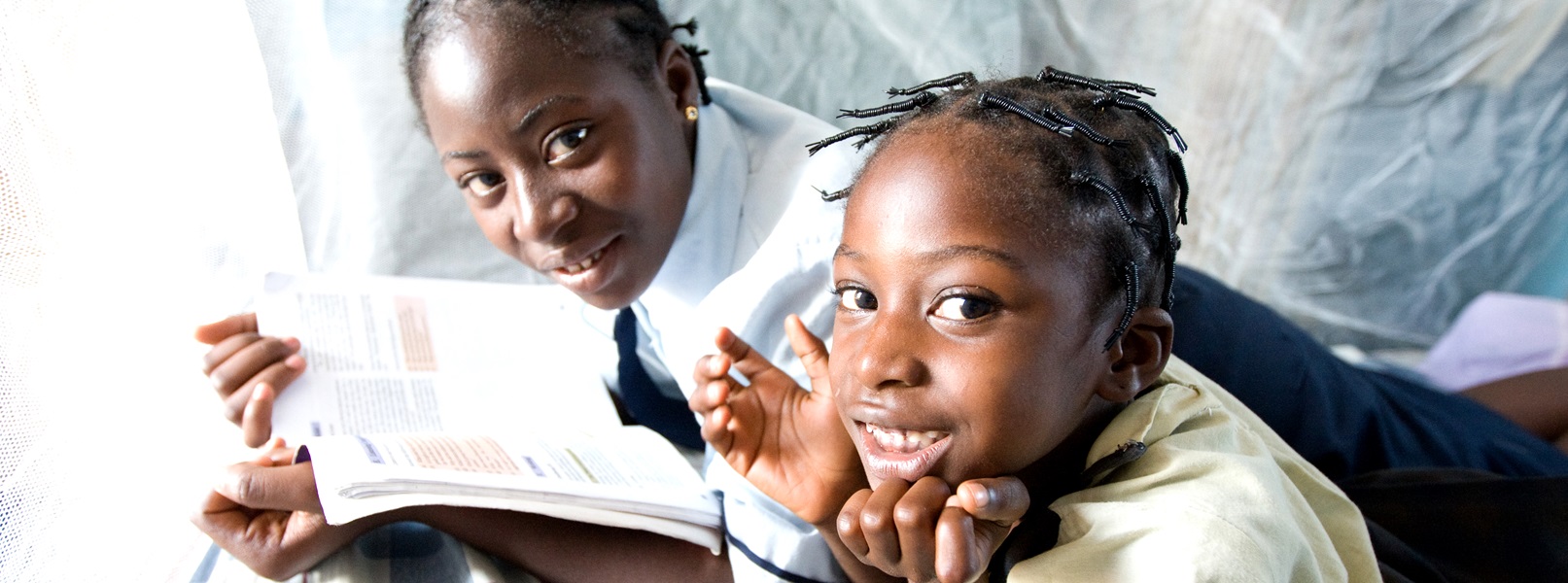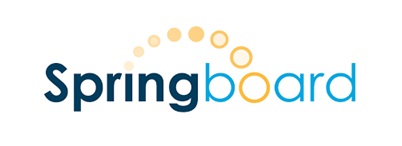The Social and Behaviour Change Working Group (SBC WG) is a forum to exchange malaria SBC best practices and experiences; mobilise political and technical resources to position SBC as a core component of malaria control; and promote the development of theory-informed, evidence-based SBC programming at the country level.
Featured Resource
The Community Health Worker Malaria Social and Behaviour Change Toolkit is available in English, French, and Portuguese! This new resource can be found under Resources
Upcoming Events
SBC WG General Calls and other virtual events are available in English, French, and Portuguese. Use the links below to register for upcoming calls. Recordings and presentations are uploaded to the SBC WG General Call tab.
See the SBC WG Annual Meeting tab to find reports, slides, and skills-building workshop materials.
Calendar of Events:
- 2025 calendar of events coming soon
Objectives
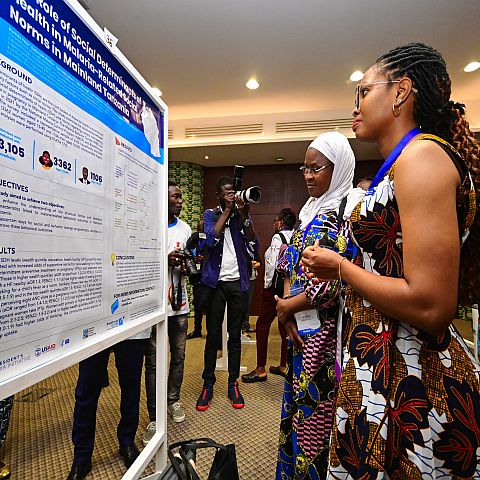
Structure
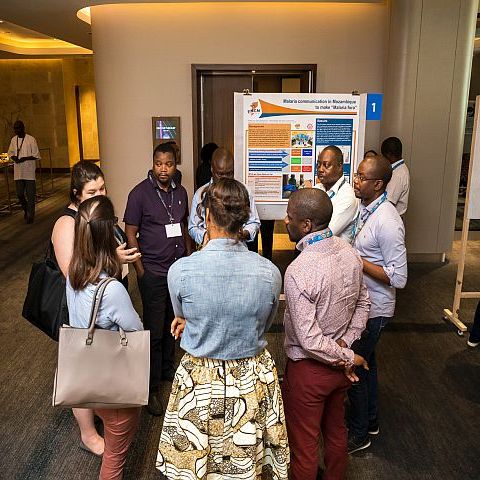
Meetings
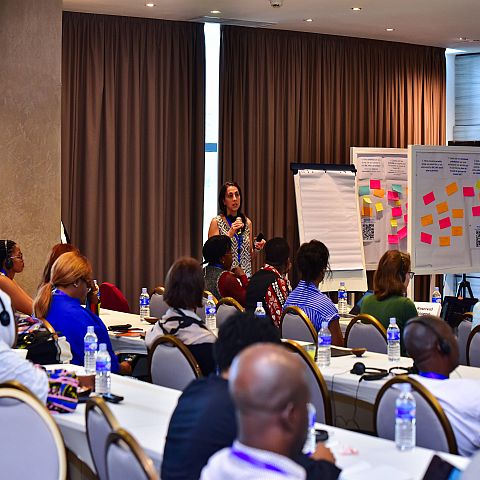
General Calls
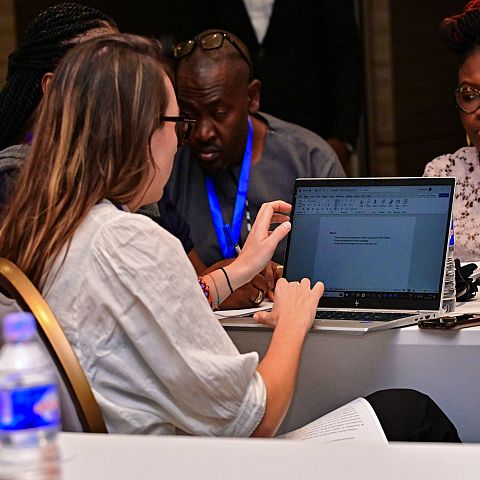
Newsletters
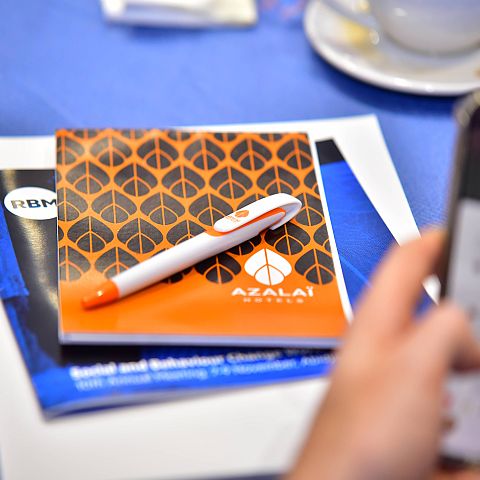
Resources
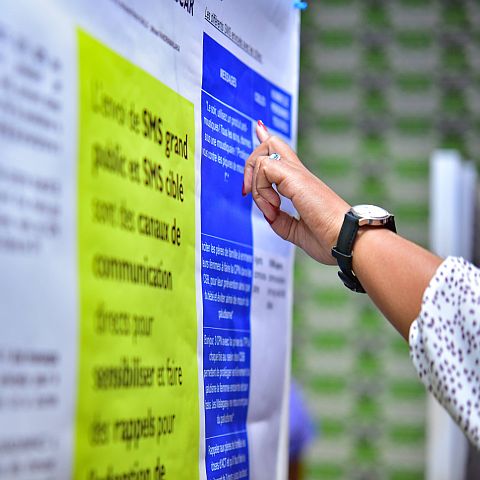
Co-chairs:
 | 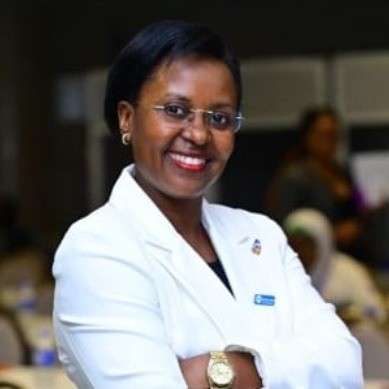 |  |
Johns Hopkins Center for Communication Programs | Uganda National Malaria Control Program | Catholic Relief Services, Zambia |
Coordinator
 | |
Breakthrough ACTION |
|
Resources
- Developing M&E Plans for Malaria Social and Behavior Change Programs: A Step-by-Step Guide 3rd Edition
- Social and Behavior Change Working Group (SBC WG) ToR
- Community Health Worker Malaria Social and Behaviour Change Toolkit
- Strategic Framework for Malaria Social and Behaviour Change Communication 2018-2030
- Making the Case for Malaria SBC: Key Messages and Actionable Steps
- An. stephensi Resources - July 2023 General Call
- Template for National Malaria SBC Strategies
